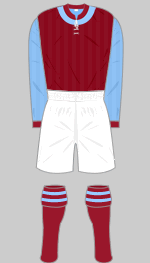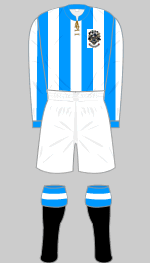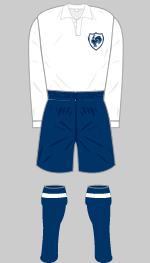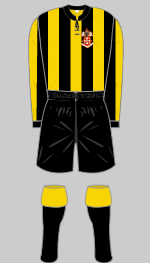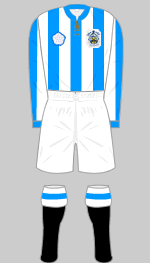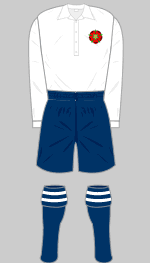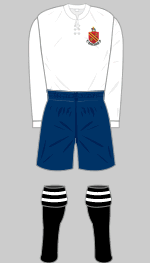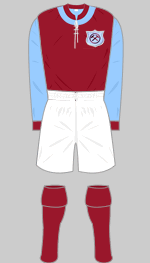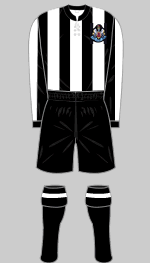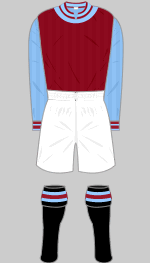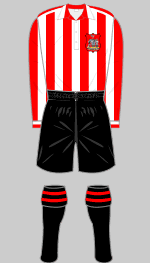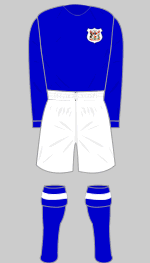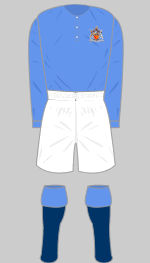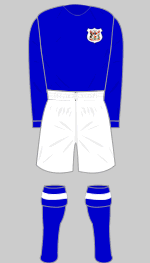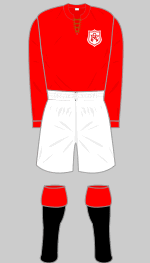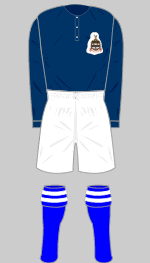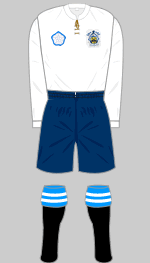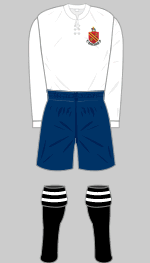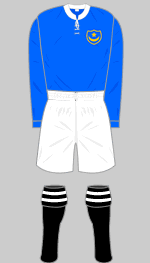English FA Cup Finalists 1920 - 1929
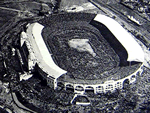 After the horrors of the Great War, the resumption of the Football League and FA Cup represented a return to normality. The Crystal Palace ground was no longer available, having been requisitioned by the Ministry of War so the FA chose Stamford Bridge, the home of Chelsea and the most modern stadium in London. The atmosphere of FA Cup finals changed irrevocably: before the war crowds could gather and enjoy a picnic in the Crystal Palace park before the match. Stamford Bridge was a serious urban stadium, built with the sole purpose of hosting football matches. Meanwhile the Football Association developed plans to build a stadium that would be fit to become the home of association football. The Empire Stadium at Wembley was built in 300 days and (since you ask) required 25,000 tons of concrete, 1,500 tons of steel and half a million rivets. During this decade it became commonplace for the finalists to have special shirts made that featured the club's badge or the crest of their home town.
After the horrors of the Great War, the resumption of the Football League and FA Cup represented a return to normality. The Crystal Palace ground was no longer available, having been requisitioned by the Ministry of War so the FA chose Stamford Bridge, the home of Chelsea and the most modern stadium in London. The atmosphere of FA Cup finals changed irrevocably: before the war crowds could gather and enjoy a picnic in the Crystal Palace park before the match. Stamford Bridge was a serious urban stadium, built with the sole purpose of hosting football matches. Meanwhile the Football Association developed plans to build a stadium that would be fit to become the home of association football. The Empire Stadium at Wembley was built in 300 days and (since you ask) required 25,000 tons of concrete, 1,500 tons of steel and half a million rivets. During this decade it became commonplace for the finalists to have special shirts made that featured the club's badge or the crest of their home town.
